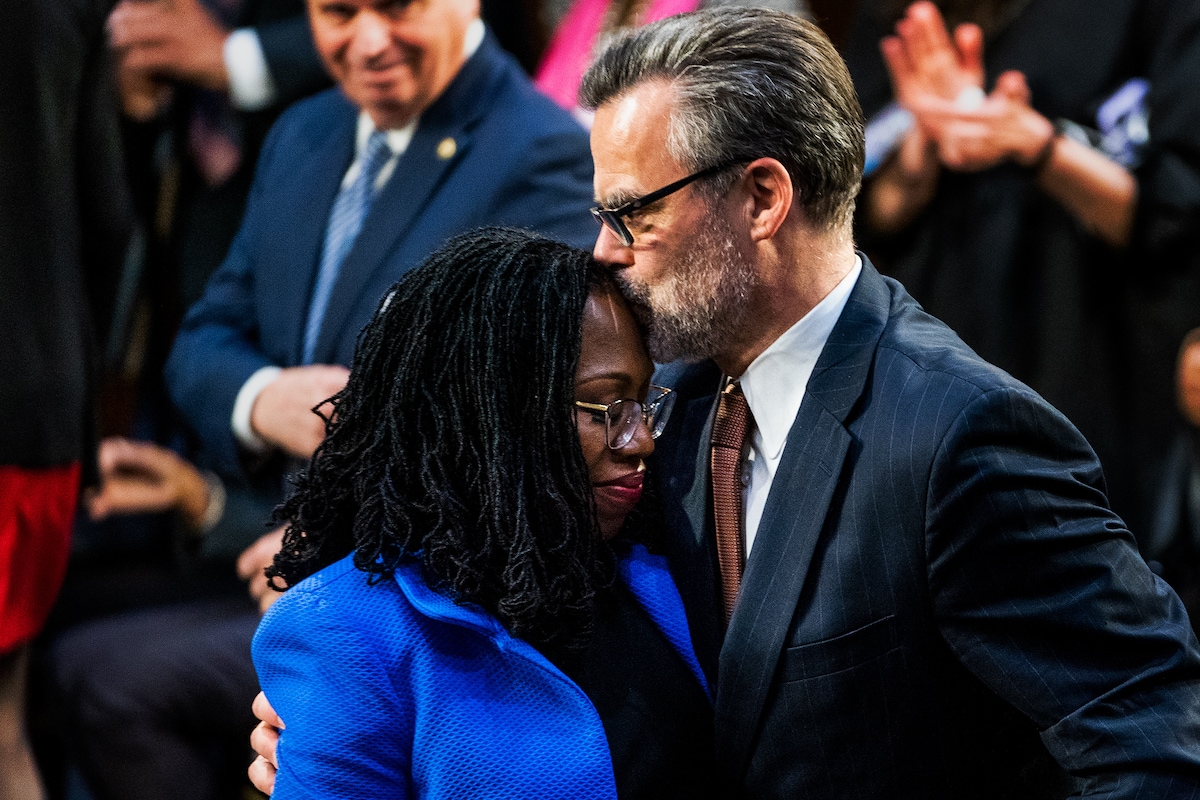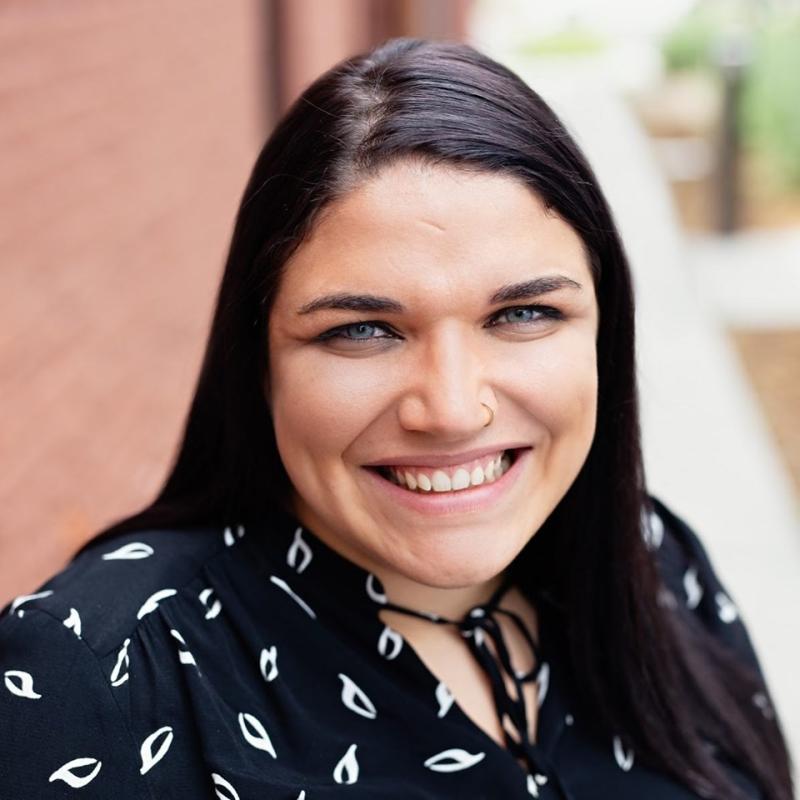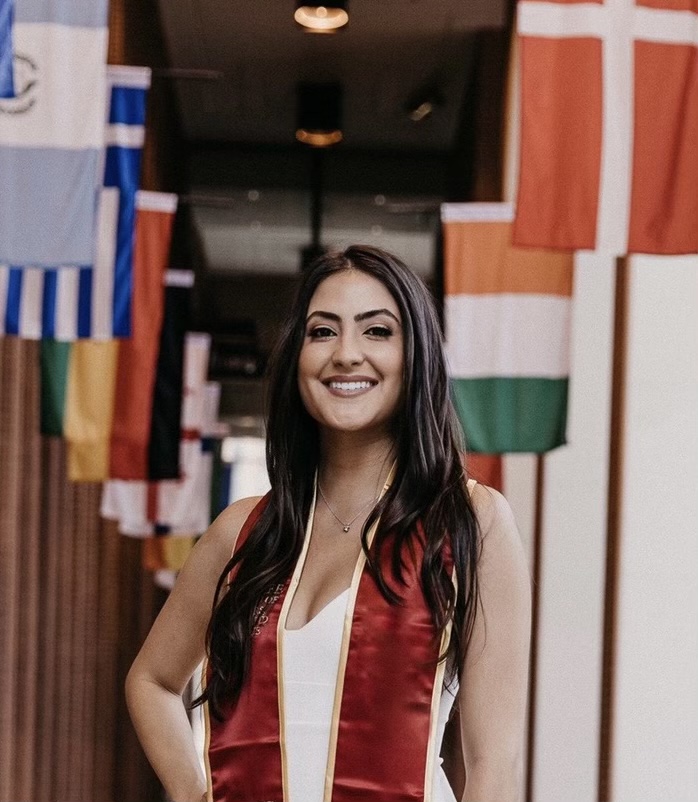Her ancestors were slaves, and her husband’s were enslavers. Now, she’s a Supreme Court Justice.
Say It Louder
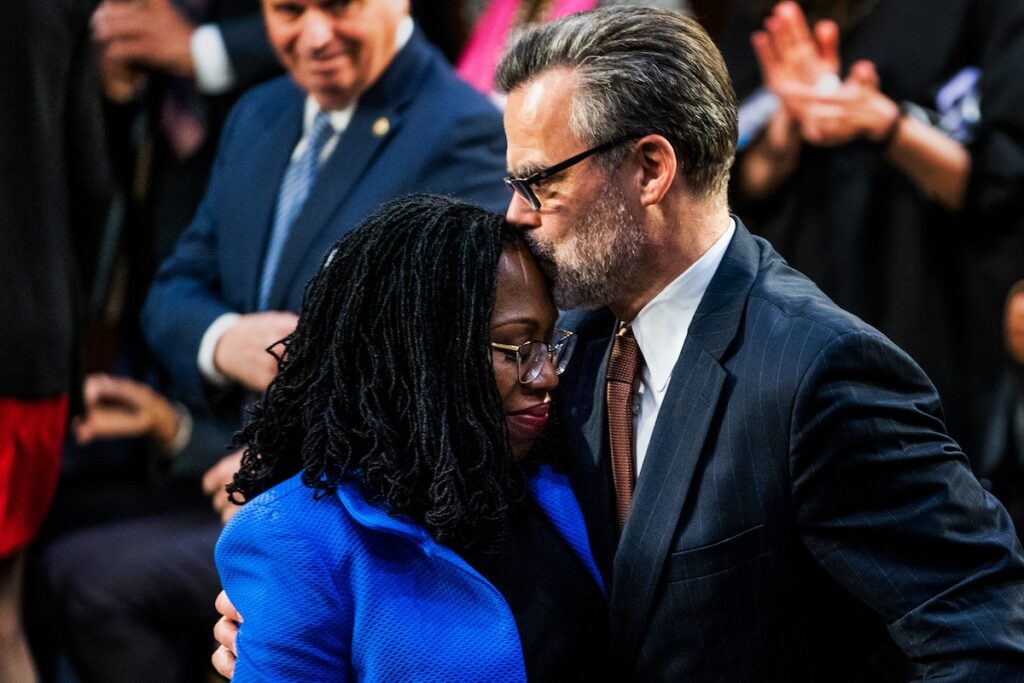
Hundreds of years ago, two men named John boarded ships to America to seek opportunity. One worked onboard as a barber; one was an indentured servant.
But when they landed in East Coast port cities hundreds of miles apart, their lives abruptly diverged. When John Greene, believed to be an ancestor of Supreme Court Justice Ketanji Brown Jackson, got off a schooner from Trinidad in Charleston, S.C., he was immediately enslaved and dispatched to a plantation, according to family lore. When John Howland, the 10th-great-grandfather of Jackson’s husband, Patrick Jackson, disembarked the Mayflower at Plymouth, Mass., he was given housing and several acres.
Thus were two newcomers to America cast into racially predetermined roles. Today, as new genealogical research illustrates, Ketanji Brown Jackson and Patrick Jackson are left with a historical subject in common: enslaved people. His ancestors owned them, while her ancestors were them.
Read the Story on Washington Post
She just became the first Muslim woman federal judge
First But Not Last
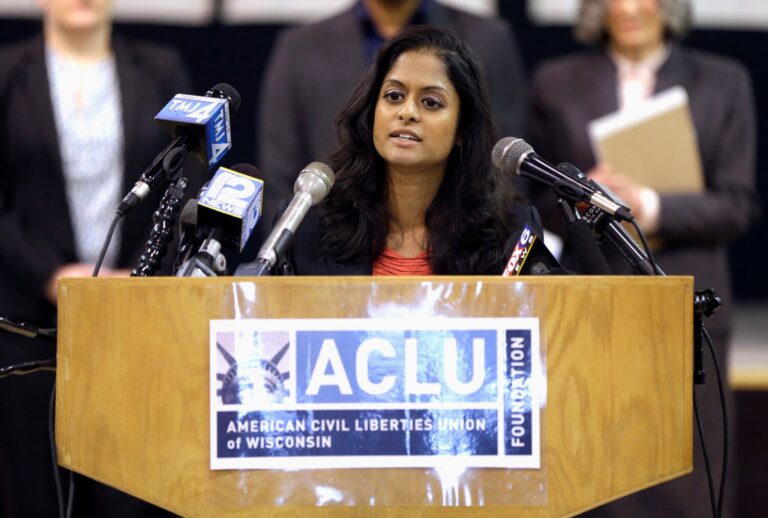
Nusrat Choudhury, a civil rights lawyer, was confirmed by the Senate on Thursday as a federal judge in New York, making her the first female Muslim American and first Bangladeshi American to hold that distinction in U.S. history.
Judge Choudhury, most recently the legal director of the American Civil Liberties Union of Illinois, was confirmed by a vote of 50-49, with every Democrat but one supporting her.
Read the story on NY Times
SCOTUS remembers that racism is still a thing
More Of This
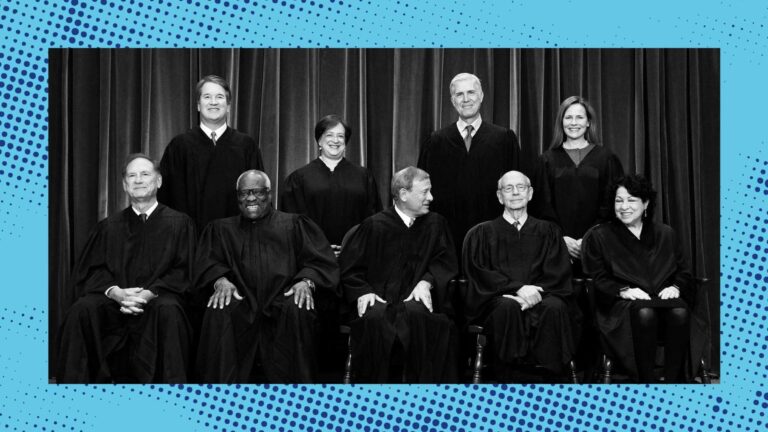
Madiba K. Dennie is an attorney and writer whose commentary has been featured in outlets including BBC News, NPR, The Washington Post, and The Nation
The Voting Rights Act of 1965 has been on life support for the past decade, mortally wounded by the Supreme Court’s 2013 decision in Shelby County v. Holder, and wound salted in Brnovich v. Democratic National Committee just two terms ago. This left many court watchers—and maybe even some justices—wondering whether the Court would finish the job in Allen v. Milligan. But a 5-to-4 majority issued a surprising ruling in the case on Thursday that keeps Section 2 of the act breathing, however shallowly. The opinion was authored by Chief Justice John Roberts, who I can only assume held his nose when upholding a law meant to protect voters of color from unlawful attacks on our exercise of political power.
Read the story on Balls & Strikes
State Bar wants to disbar lawyer who tried to overturn 2020 election
Speaking Of...
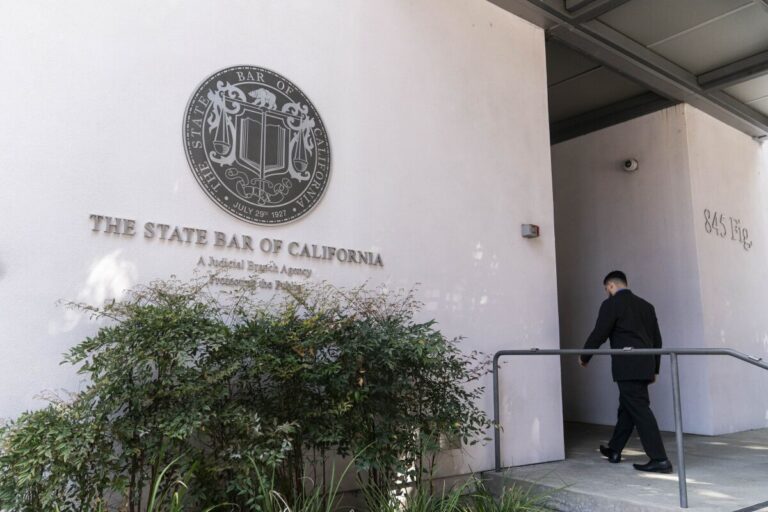
John Eastman, once the dean of Chapman University’s law school and an advisor to former President Trump, should lose his law license for peddling a bogus legal strategy designed to overturn the 2020 election, the State Bar of California argued Tuesday.
The State Bar has accused Eastman of ethics violations for promoting false claims that electoral cheating cost Trump the election, even after the U.S. attorney general rejected claims of widespread fraud and dozens of courts scuttled fraud cases.
Despite President Biden’s election victory, according to the Bar, Eastman urged state officials not to certify election results and pressured Vice President Mike Pence to reject electors in states Biden had won.
Read the story on LA Times




